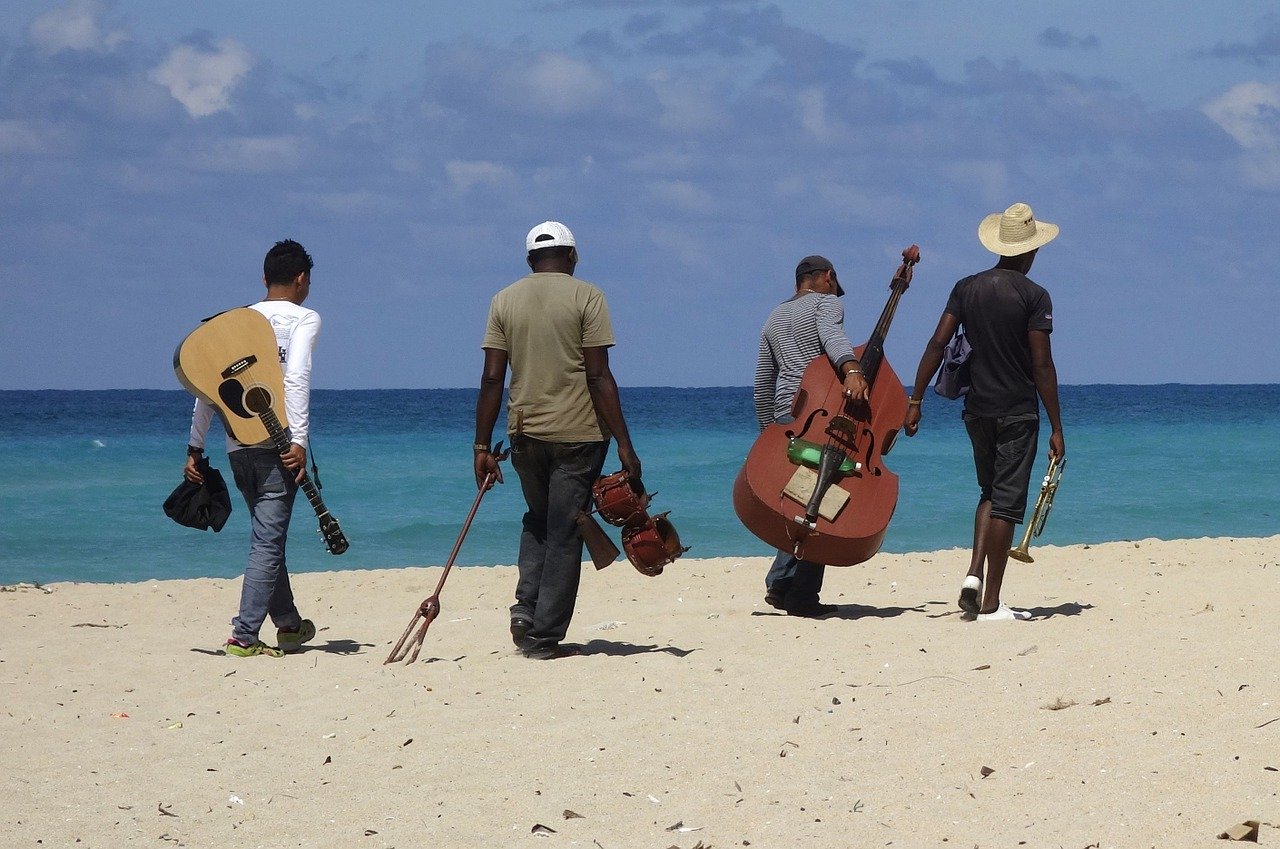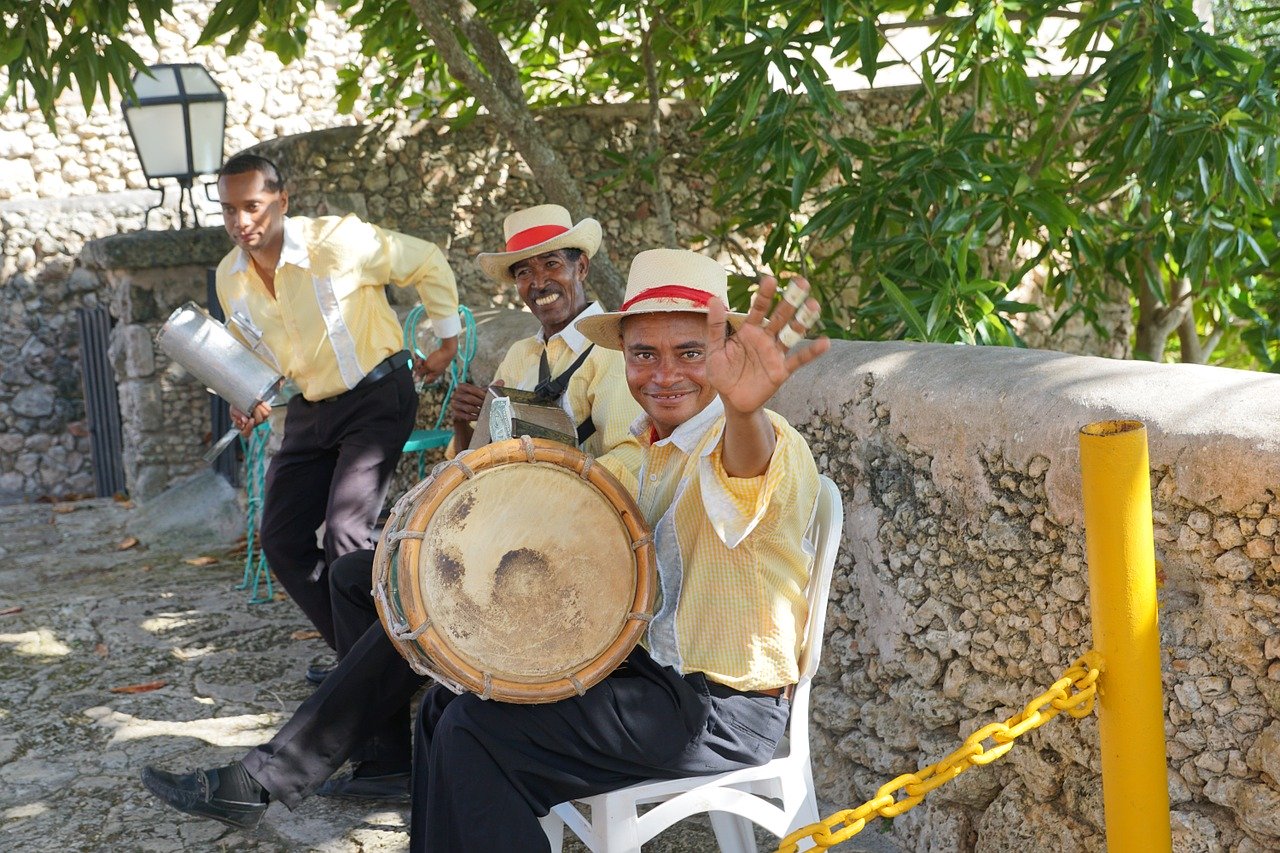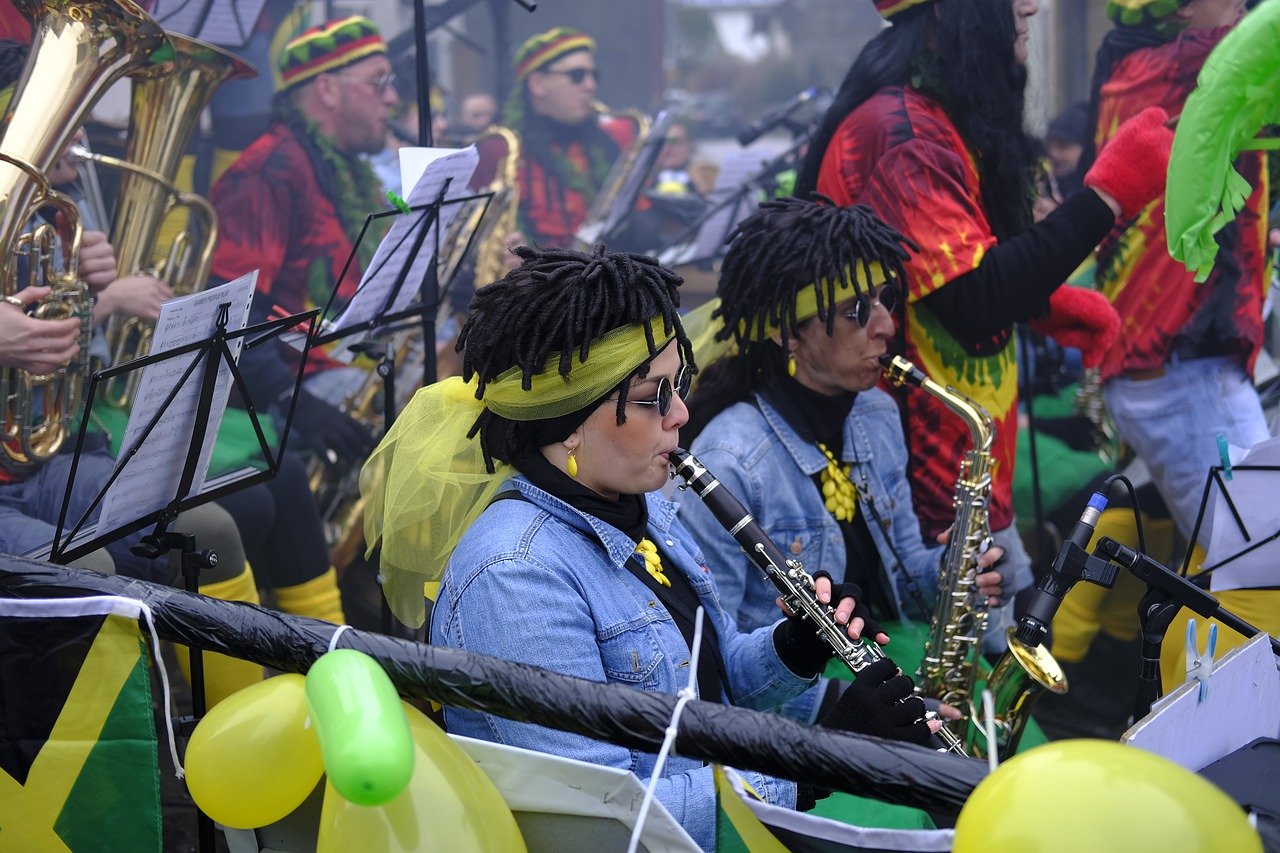How Caribbean music has influenced other cultures

The Caribbean Islands have become legendary for many reasons. In addition to their laid back atmosphere, delightful tropical weather, friendly people, mouth-watering cuisine, and breathtaking nature, there is the incredible Caribbean music. In fact, their music is one of the greatest gifts the islands have given the world.
Visiting the Caribbean is something out of this world, especially if you’re coming from the western world. Imagine relaxing on a beach with a refreshing drink in hand, nothing but turquoise waters in sight, listening to the sound of the sea mixed with the gentle sounds of chill Caribbean music. Seems like a dream come true, doesn’t it? One vacation in The Caribbean Islands makes you wish you could move here forever and take your piano with you when moving. This heavenly environment has influenced the culture of the Caribbean community and inspired its artistic expression.
Music has always played an important role in the life of Caribbean people. It is so much more than a means of entertainment – music is the most influential art form as well as a method of escape. Caribbean music channels the freedom and joy that are in the DNA of Caribbean people.
What is Caribbean music?
The music of The Caribbean Islands is a unique blend of styles. The descendants of Indigenous Caribbeans, West African slaves and Indian and European settlers have all participated in creating what is today known as Caribbean music by adding their own ingredients to this amazing blend. The influences of African music include syncopations (offbeat accents) and cross-rhythms, the use of percussion, and singing styles. European influences include tonal harmonies and melodies and instruments. Although each style has its roots in a mixture of European and African influences, Caribbean music differs from island to island. We could say that their music is as diverse and the islands themselves.
The music of this region has had a significant impact on the rest of the world. Genres like reggae, ska, dancehall, salsa, and calypso originate from the Caribbean Islands. Here’s a quick look at how Caribbean music has influenced other cultures and their music.


How Caribbean music has influenced US culture
Hip Hop
The influence of Caribbean music has been the strongest in the creation of hip hop music – one of the world’s most popular music genres born in the US.
In the 1950’s and 60’s, large groups of Caribbean immigrants came to the US settling in port cities, mainly the South Bronx in NYC. They brought the Caribbean style of ‘toasting’, i.e. talking/chanting over a rhythm or beat. This style gradually evolved into what we now call hip hop. Some of the world’s most iconic rap musicians, such as The Notorious B.I.G. and Grandmaster Flash, are proud of their Caribbean descent.
Hip hop has further transformed into trap music – a popular subgenre that originated in the Southern US. The influence of the Caribbean heritage on trap music is deep. First created in the late 1990’s, trap still maintains a strong presence on the mainstream music charts.
As you can see, Caribbean music has spread much further than the Caribbean islands, changing the music landscape of the United States in an enormous way.


How Caribbean music has influenced UK culture
Early influences
The music of the Caribbean has a profound impact on contemporary British music and culture. In the 1950s and 60s, waves of immigrants from the Caribbean arrived in the United Kingdom. They formed large communities, predominantly in cities such as London and Liverpool. Caribbean music was first heard in working-class districts such as Tottenham and Brixton where large Jamaican populations settled. With the help of huge speakers, Jamaica’s music and dance soon started dominating local street parties.
Ska
The British did not exactly accept the Caribbeans and their music with open arms. The one subculture that didn’t distance itself from the Caribbean immigrants were the skinheads. These working-class youths discovered that they had more in common with the Caribbeans than they did with the British upper classes. A mutual love of music was one of the main things that brought these two groups together. This is one of the first examples of Caribbean music influencing British culture.
Punk
In the 70s, new punk bands such as The Sex Pistols and The Clash started embracing a genre called reggae. The basslines and the anti-establishment attitude were some of the things these two seemingly opposite styles had in common. One of the best examples is The Clash’s Guns of Brixton that tells a story about young Caribbeans living in the UK at the time.
The Mainstream
Over time, Caribbean music found its place in the UK’s mainstream pop and rock music. Some of the most well-known examples include The Police’s Roxanne, Eric Clapton’s cover of I Shot the Sherriff (originally by Bob Marley), and Culture Club’s Do You Really Want to Hurt Me.
As mainstream music evolved in the 1980s and 90s, Caribbean-inspired music changed as well, producing genres such as grime and raga. Wayne Smith’s song Under Mi Sleng Teng is a great example of this musical evolution.
Hip hop and rap artists of Caribbean descent started combining their heritage with the influence of the environment they lived in. Thus, they combined the percussion and melodies of Afro-Caribbean music with lyrics inspired by hardness, money, or power, typical for hip hop music.
Styles such as dub, reggae, and dancehall have also found their way into contemporary electronic music. Caribbean influences are still very present in the form of dubstep, drum and bass, jungle, and trip-hop.
In the 21st century, this unique fusion of cultures is difficult to name and categorize. Afroswing, afrowave, and afrobashment are some of the names used to describe contemporary Afro-Caribbean music in the United Kingdom, none of which have actually stuck.





